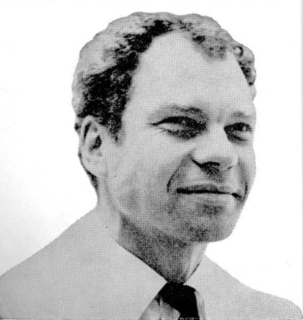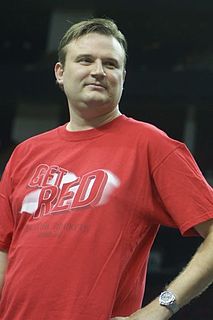A Quote by Donald Knuth
I decry the current tendency to seek patents on algorithms. There are better ways to earn a living than to prevent other people from making use of one's contributions to computer science.
Related Quotes
If somebody is working on a new medicine, computer science helps us model those things. We have a whole group here in Seattle called the Institute for Disease Modelling that is a mix of computer science and math-type people, and the progress we're making in polio or plans for malaria or really driven by their deep insights.
The attribution of intelligence to machines, crowds of fragments, or other nerd deities obscures more than it illuminates. When people are told that a computer is intelligent, they become prone to changing themselves in order to make the computer appear to work better, instead of demanding that the computer be changed to become more useful.
Doing something, however pathetic, is psychologically better than doing nothing. In the current political environment - that is, with no more Cold War tensions - the tendency is to counteract the feelings of fear and vulnerability with a variety of military, paramilitary and police measures, despite the reality that this kind of excessive reliance on force in many ways intensifies the very problem it is purporting to solve.

































